
From drought and genius to drought and lie!
The editorial of Aftab Yazd focuses on the issue of drought in Sistan and Baluchistan Province, asking why no serious measures have been taken so far to resolve this issue.
The editorial starts with describing Iran’s climate as dry and with little precipitation. As a result, there have been chronic, destructive periods of droughts in Iran, causing irreparable damages to the country. This is more felt in southern Iran and has created social and security consequences for those who live in these regions, while imposing poverty, misery, and starvation on them.
The editorial then focuses on Sistan and Baluchistan Province which is one of the driest provinces in the country. For almost 20 years, its population have been struggling with chronic drought and water crisis. Low level of precipitation in past two decades has endangered the livelihood of families, to the extent that most of rural families who were mainly livestock holders and farmers do not have any sources of income other than cash subsidies paid by the government. And as such they are living in absolute poverty.
The editorial continues despite deplorable condition of water crisis and drought in this province, now the question raised by the public opinion is: why hasn’t there been any serious determination or program to resolve the people’s problem in this region? Why haven’t the lawmakers – the current and the past ones – been able to propose a bill to resolve the crisis of water in this province? Why hasn’t the government been able to properly reduce the damages due to drought in this province?
The editorial concludes that recently the plan for transferring water from Makran Sea to this region was proposed by the lawmakers of Sistan and Baluchistan to resolve the issue of shortage of water for drinking and farming. But as the election season gets nearer, there is not much hope this province’s elites will give their priority to this critical issue.
An editorial in Aftab Yazd on August 13, 2018
Oil-based economy creates corruption
The editorial of Arman daily deals with how the issue of economic corruption in Iran will not be resolved unless Iran’s oil-based economy changes its nature.
According to the editorial, special court branches have been formed in recent days for fighting economic corruptions, and officials see this as a solution to this problem. Economic and financial corruption is not a new phenomenon, and it has penetrated the country. The main reason for this corruption is the inefficient structure of the oil-based government which creates corruption.
The editorial continues: increase in currency exchange rate has impacted all economic fields and prices at all levels. As a result, the purchase power of the society has decreased, the value of national currency has gone down, and people’s basket of consumables has been reduced into half in past couple of months. A simple worker who receives one million tomans per month doesn’t know how to manage his life. The prices and costs have gone up so much that people took to streets to protests against their conditions of lives.
The editorial adds: one of the people’s demands is exposing and indicting embezzlers, as result of which the judiciary branch entered the scene. Along with the executive branch, the judiciary branch is going to introduce the corruptors and embezzlers, put them on trial, and punish them by lifetime imprisonment or death penalty in order to alleviate the tensions within the society. Such solutions are short-term, and not a long-time strategy.
The editorial goes on to say that Iran doesn’t have a strategy to fight corruption and fully destroy it yet. Even if a few people are executed, the issue will not go away, as its root is in the oil-based economy. To dry the roots of the corruption, Iran’s economy must change and not be based on oil and the government any longer. The economy must be based on the private sector, and the government must only guide the large-scale policies.
The editorial concludes: in so far as the economy is governmental and oil-based, there will be more cases of corruptions.
An editorial in Arman daily on August 14, 2018
Talk to me!
The editorial of Ebtekar daily focuses on consequences of lack of transparency and communications between Iranian government and people, resulting in Iranian people’s increasing distrust for the government.
The editorial asserts: people hear contradictory and mainly negative news every day which shows no prospect of officials trying to resolve the existing issues. At best, there is nothing but a few remarks made by officials here and there. For example, Iran’s share from the Caspian Sea has created ambiguities in the public opinion, about which nothing has been said except for a few remarks by Iranian foreign ministry’s officials.
According to the editorial, economic problems and environmental crisis in the country add fuel to the public distrust towards the establishment. Under these conditions when people are more exhausted than ever due to different kinds of economic problems and decrease in the value of their currency, now they are facing a threat against the territorial integrity of their country. Even if it is a mistake, it cannot be denied that there has been lack of communication between the government and the people with regard to Iran’s share from the Caspian Sea.
The editorial continues: it must be accepted that the time of secrete decisions without participating the public opinion is gone. It must be accepted that any decisions will backfire in the public opinion if it isn’t explained to the people in a simple, understandable language. The simplest solution to this problem is shutting down the information channels, but it must not be used, as it will make people more distrustful.
The editorial concludes: it must be taken seriously that according to the experts, the environmental crisis in the country will reach its peak within next five years. The government must talk to people and clearly tell them about Iran’s share of the Caspian Sea, the economic decisions, and the way to fight corruptions. Under conditions when international and regional crises are underway against Iran, how can one call for unity from a nation that is distrustful towards the central government?
An editorial in Ebtekar on August 15, 2018
Bright horizon ahead of FATF
The editorial of Etemad daily deals with Iranian Guardian Council’s approval of the act to amend laws for the fight to finance terrorism.
The editorial asserts that the Guardian Council spokesperson announced the approval of amendment act to the laws for the fight to finance terrorism. It seems that the Guardian Council has taken a positive step in realizing necessary amendments that were emphasized in proposals by Financial Action Task Force (FATF). This was one of the four acts prepared and offered to the parliament by the government to implement reforms that FATF has asked for.
The editorial continues: part of these acts has been already ratified by the parliament and sent to the Guardian Council. Approval of this act by the Guardian Council can prepare the ground for resolving other issues in the path to implementing FATF’s amendments, thus getting out of FATF’s black list. Currently, three of these four acts are with respect to legal and judiciary commission – i.e. act for amending laws to fight money laundering, act for amending laws to fight financing terrorism, and the act for Islamic Republic joining the Palermo convention (United Nations Convention against Transnational Organized Crime).
The editorial adds: the act for amending laws to fight money laundering and the act for amending laws to fight financing terrorism have been approved by the Guardian Council, and there should be no particular problems with regard to Palermo convention, as it had minor issues that were fixed in the parliament.
The editorial concludes that the Guardian Council’s recent measure in approving the act for amending the fight against financing terrorism prepares the favorable ground for other acts as well, thus creating a bright horizon ahead of these four acts and getting out of FATF’s blacklist.
An editorial in Etemad on August 12, 2018

Lawmaker: corruption has been normalized in Iran

Gholamali Jafarzadeh, member of parliament’s Planning and Budget Commission, says people are upset that there is no confrontation with powerful people (the so-called kings of automobiles, sugar, rice, tea, etc.), and they think that a part of the establishment has a role in these corruptions. Pointing out to the so-called “king of gold coins”, Jafarzadeh said, “people are asking why there is no confrontation with these kings”. He added that as a result, it seems that there is normalization of corruption in the society.
Parliament news agency
Firing two missiles to southern Saudi Arabia
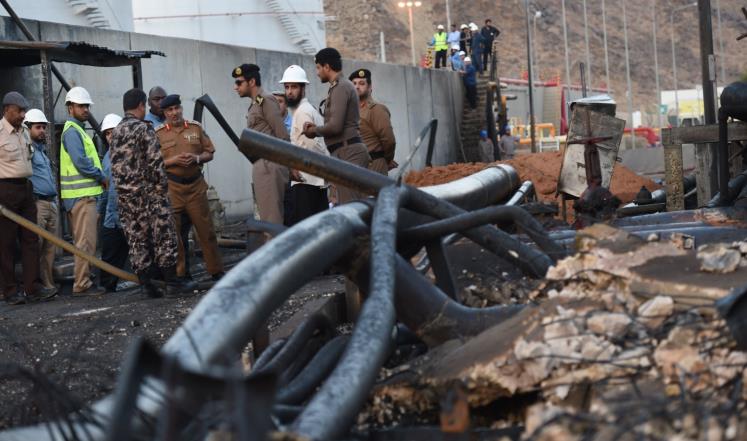
Yemen Army announced firing two ballistic missiles towards southern regions of Saudi Arabia. According to Almasirah, Yemeni TV network, Yemen’s Army missile unit has announced that the two missiles were Zalzal 2, fired towards Saudi’s military forces in Jizan and Najran.
Vista
Kamalvandi: staying in JCPOA is better than leaving it
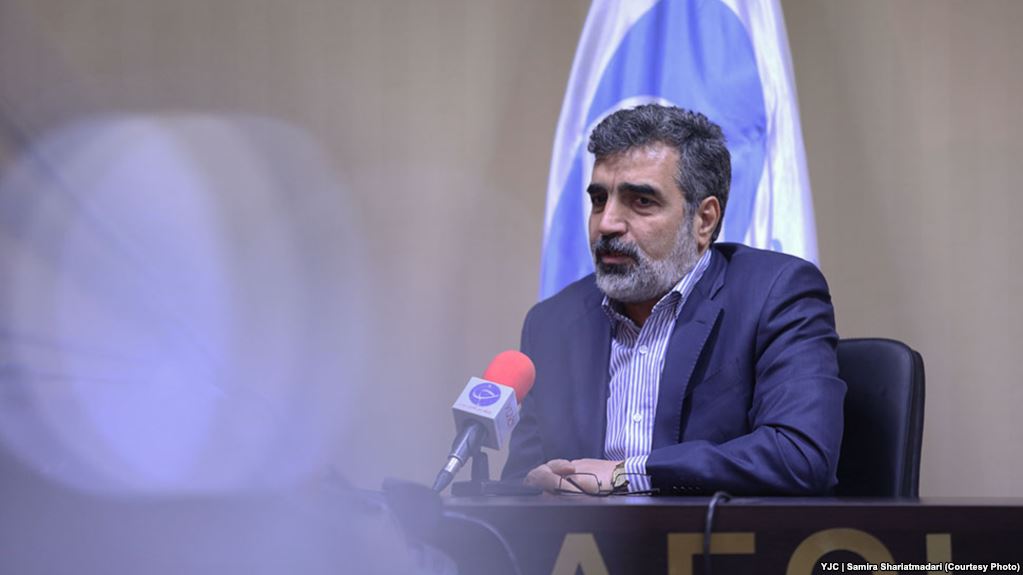
Spokesperson of Atomic Energy Organization of Iran, Behrooz Kamalvandi, said that his organization has given all possible scenarios – from the worst to the least reaction – to the supervisory delegation over the nuclear deal (JCPOA); however, staying in this accord will reduce sanctions compared the those before the deal. Kamalvandi said if Iran stays in the JCPOA, the sanctions will not be as effective as before.
Kamalvandi is referring to extensive sanctions that were ratified and implemented against Iran under former president Mahmoud Ahmadinejad, partly by the United Nations, and partly by the U.S and other countries.
Radio Farda
New chapter in Iran-Pakistan relationship

Pakistan’s new prime minister chose to go Iran in his first foreign trip in this new position. After victory in the election, Imran Khan intends to go to Iran first and then to Saudi Arabia. In his first speech after victory, he talked about Iran and Saudi Arabia as two important political, strategic players in the Middle East, urging that his government will seek to improve its relationship with both Iran and Saudi Arabia.
Khorasan
Probable unemployment of 450 thousand people, 80% reduction in automobile production

Several members of board of directors of auto-parts maker association announced in a press conference that due to crisis in foreign currency, 450 thousand people will lose their jobs and automobile production will decrease for 80%. Maziyar Beiglou, secretary to auto-parts maker association, said that due this crisis, 114 thousand people have been laid off in this industry and probably 450 thousand people, too, will be unemployed.
Former labor minister Ali Rabeei had said before his impeachment and being removed that by the March 2019, the economic pressure will increase on people due to the U.S. sanctions, predicting that 1 million people would lose their jobs because of sanctions.
Radio Farda
Ahmadinejad’s request for gathering rejected

An Interior Ministry official said that Tehran Governor’s Office has rejected the request of former president Mahmoud Ahmadinejad for holding a gathering in Tehran. In a letter to Interior Minister Rahmani Fazli, Ahmadinejad had asked for permission to hold a gathering in protest against “the U.S. administration’s measures,” “overt and covert intervention of Britain in Iran’s affairs,” and “protest against economic issues, mismanagements, managerial weaknesses, and frequent mistakes in large-scale decision making in the country, particularly in the field of economy.”
Iran International
Students protest against elimination of currency quota
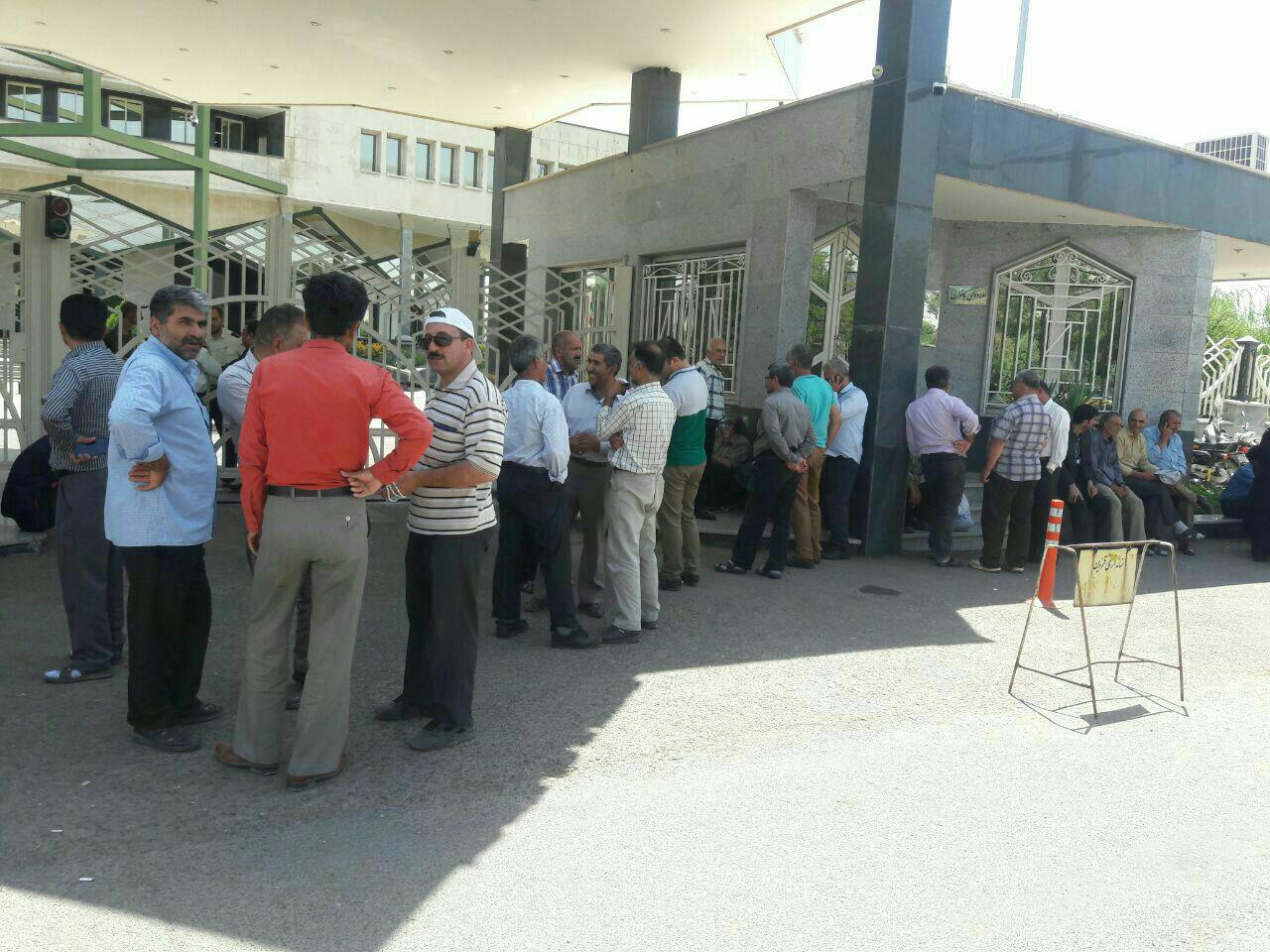
The directive of the Central Bank regarding foreign currency provoked many protests. Many groups could earlier receive currency with official rate, but now they have to pay twice as much for each dollar. Iranian students abroad who had currency quota should now go to the black market.
Some of these students and applicants for studying abroad gathered in front of the Central Bank, calling for amending this directive. So far officials of Ministry of Science and the Central Bank have not reacted to the protests of applicants for students’ currency quota.
Radio Zamaneh
Big European countries exiting Iran has boosted China’s economy

Criticizing the unilateral policies of Washington, Austrian Foreign Minister Karin Kneissl said that the U.S. policies increase the insecurities. She pointed out to the significance of trades with Iran for European Union, adding that whenever western companies leave Iran, China enters. For example, in South Pars project which is the biggest gas field in the world, Total of France pulled out of the project only a few days after Trump announced pulling out of the nuclear deal. Total was replaced by a Chinese company. Kneissl added: “I tried to explain to Americans that secondary sanctions will mainly impact European countries, leading to bolstering Chinese trades and economy.”
ISNA
Former IRGC commander: U.S., Israel run spy network in Iran!
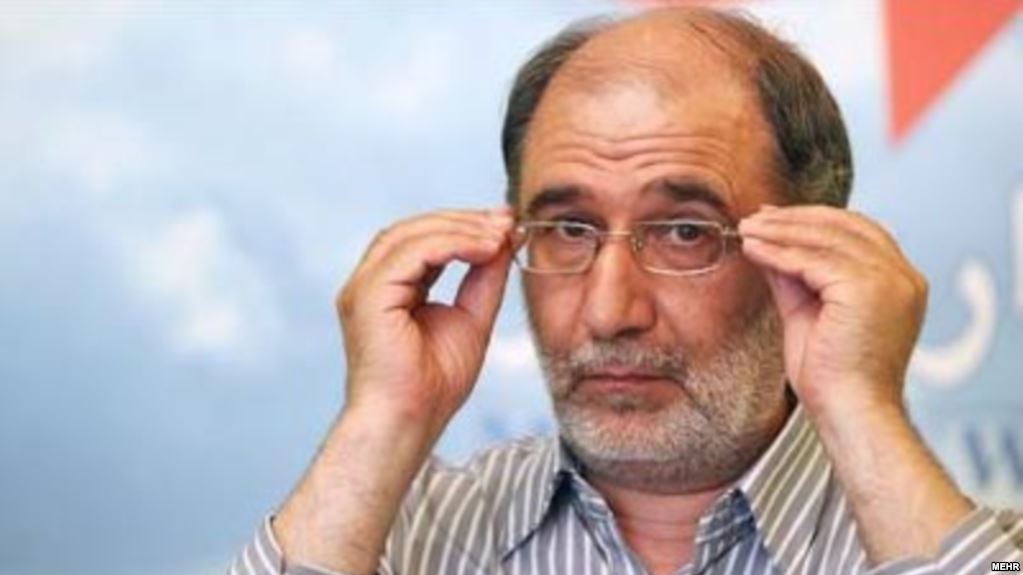
Several months after exposure of documents of Iran’s nuclear program by Israel’s prime minister, a former commander of Iranian Revolutionary Guards (IRGC) said that the U.S. and Israel run a spy network in Iran. Hossein Alaei, former chief of IRGC’s Joint Headquarters, said that it has been 15 years that Israel has created “an extensive intelligence network in the nuclear, missile, political and economic fields”.
In recent years, there have been reports as to arresting some Iranian intelligence officials on the charge of espionage for Israel, and also about this country’s role in assassinating Iran’s nuclear scientists, explosion in a military garrison and killing Hassan Tehrani Moghadam (known as the founder of IRGC missile unit).
Radio Farda
Lawmaker: implementing U.S. sanctions against Iran; Iraqi prime minister’s personal opinion

In reaction to recent decision of Iraqi prime minister Haidar Abadi to implement U.S. sanctions against Iran, Heshmatollah Falahatpisheh, head of Parliament’s National Security and Foreign Policy Commission, said that this is al-Abadi’s personal opinion, and not the view of Iraqi’s government and people. He urged that even if people like Abadi want to sanction Iran, they can’t.
Falahatpisheh added that in his opinion, Abadi’s remarks are not a strategic change in Iraq’s government, but political game of Iraqi’ prime minister; in other words, official and public position of Iraqi government is different from their unofficial stance.
ISNA
Iran’s economic delegation entered Syria

Iranian deputy minister of road and urban development ministry entered Damascus, heading a delegation for economic cooperation between Iran and Syria. Iran’s economic team, headed by Amir Amini, went to Syria to follow up on the memorandum of understanding which was signed three months ago with regard to Iran-Syria cooperations.
In these talks, banking and customs cooperations are focused upon so that Tehran and Damascus can regulate the laws to increase trades between Iran and Syria.
IRNA
Chinese company with 80% of shares replaced Total in South Pars
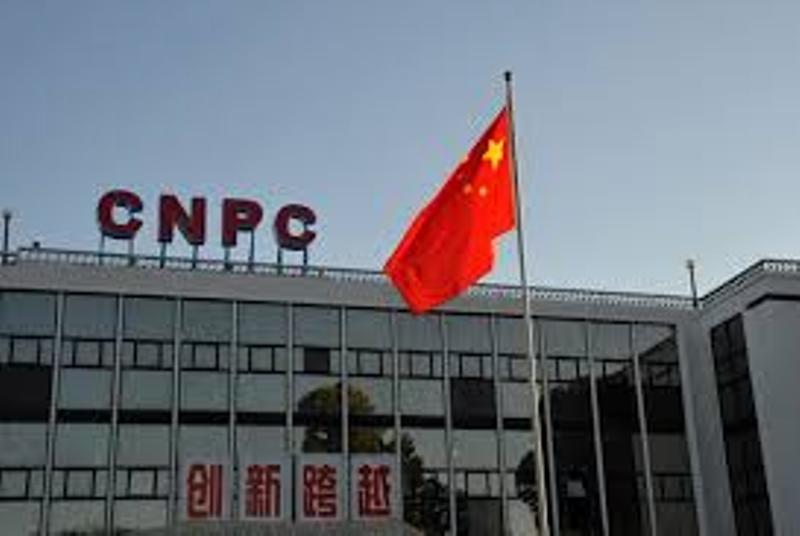
With Total of France exiting from $4.8 billion project of Phase 11 of South Pars, China’s National Oil Company (CNPC) replace the French Company. Investment and business manager of National Iranian Oil Company said CNPC replaced Total of France in South Pars with 80.1% of shares and will continue to work in this project.
Last year a consortium was formed by Total, CNPC, and Iran PetroPars. According to the contract, in case of Total stepping down, CNPC would take over the shares of this French company and lead the consortium.
IRNA
Iranian ambassador to Baghdad urges on developing industrial cooperation between Iran, Iraq

Iranian ambassador to Iraq Iraj Masjedi said that industrial cooperation between Iran and Iraq will enter a new phase in near future. In a meeting with board of directors of Iraq’s industry union in Baghdad, Masjedi said that investment and joint resources for accomplishing a part of production in Iraq by Iranian investor and economic actors will be a new season of cooperation between the two countries.
Iranian ambassador to Iraq said even though trade relations between the two countries is currently in good condition, Iranian economic actors must quickly move towards participation and investment.
Pars Today
Rouhani to Putin: Iran-Russia joint cooperation in Caspian Sea to advantage of both nations

Presidents of Islamic Republic and Russia met and exchanged views about most important bilateral, regional and international issues, in the sideline of the 5th summit of leaders of the Caspian Sea countries. In his meeting with Vladimir Putin, Hassan Rouhani stressed on the necessity and importance of developing relations and cooperation between Tehran and Moscow.
Rouhani considered joint cooperation of Iran and Russia in the Caspian Sea to the advantage of both countries, saying that “we must try to make the Caspian Sea a symbol for peace, friendship, and a factor in bolstering relations and cooperations between coastline countries”.
Mehr news
Successor to Quds Forces: U.S. has gained nothing in the region but humiliation
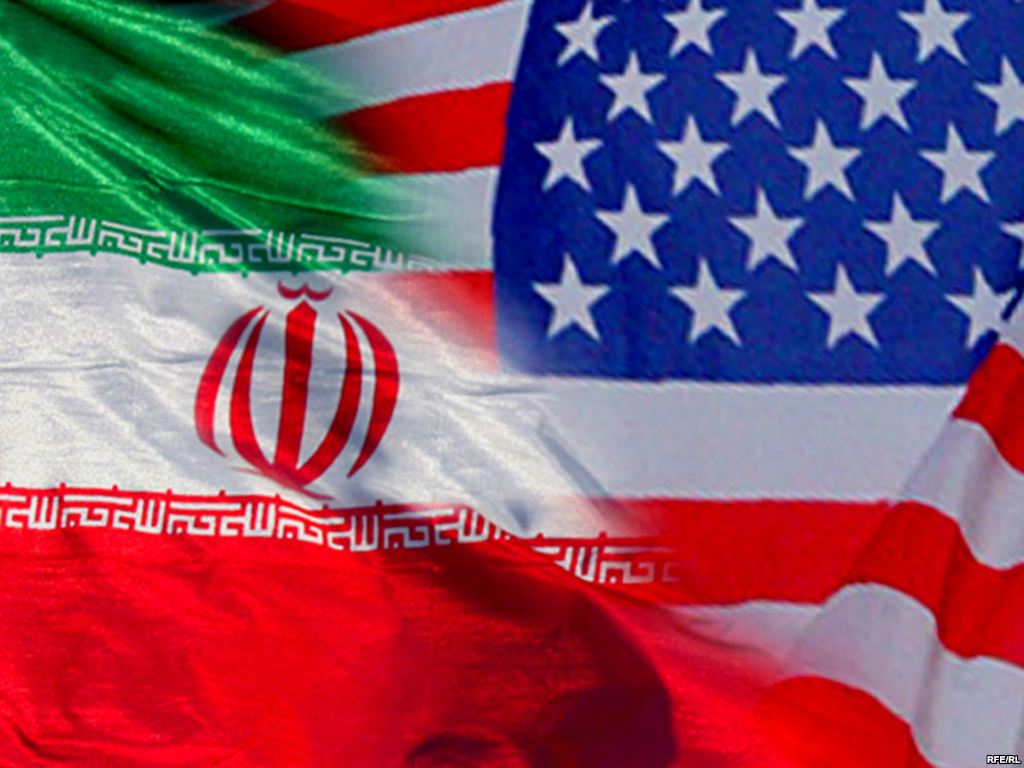
Successor commander of Quds Forces said: the U.S., with its presence in the region and with launching two big wars in Iraq and Afghanistan, has gained nothing but disreputation and humiliation. General Esmaeel Ghaani in two big wars after September 11 in Iraq and Afghanistan, the Americans brought thousands of troops and equipments, but 17 years after the beginning of these wars, the U.S. which claims to be the superpower in the world is grounded in these two countries. Successor commander of Quds Forces asserted: the Americans have directly engaged in these two wars, have spent billions of dollars, have had many fatalities – even though the number of the killed is more than what they say. Yet they have achieved nothing but disreputation.
Rasad
Isa Kalantari: Iran to run out of water in less than 50 years
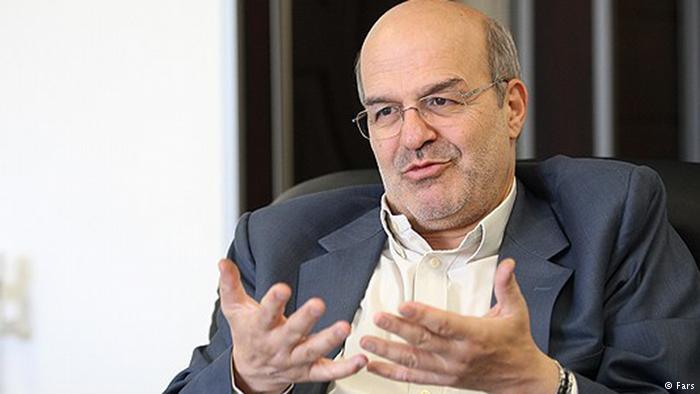
Head of Department of Environment admitted that the issue of water in Iran is worse than what is said, but its consumption goes up day by day. Isa Kalantari warned that need for water is much more than the amount of existing water in the country, and its consumption is on the rise without considering its shortage.
In 2017, the level of precipitation had 25% decrease, reaching to under 200 millimeters. Kalantari believes that Iran will run out of water in less than 50 years.
Deutsche Welle
Turkish energy minister: Ankara to continue to buy Iran’s gas
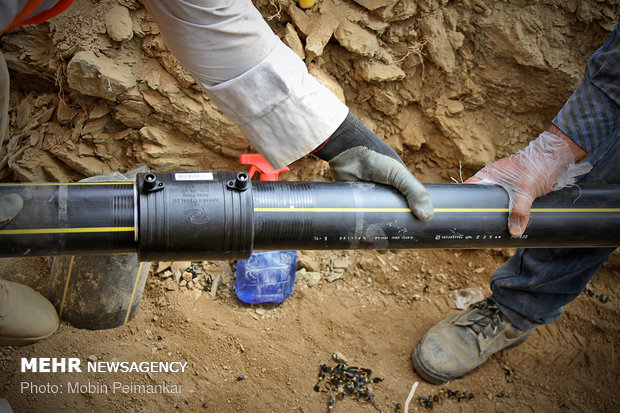
Fatih Donmez, Turkish Energy Minister said despite the U.S. threats and sanctions, Turkey will continue to buy natural gas from Iran. These remarks were made after Donald Trump threatened others of being deprived of having trades with the U.S if they have trades with Iran.
Donmez added that almost 40% of electricity production in Turkey is with natural gas, which is why Turkey will continue its trade with Iran. He called the U.S. sanctions unilateral.
Iran is a key provider of natural gas and oil for Turkey which is almost 100% dependent on importing fuel.
Mehr news
Africa as economic opportunity for Iran

Ambassador of Islamic Republic to Cote d’Ivoire, Mansour Shakib, pointed out to African countries as “golden opportunity” for Iran, adding that even though Iran has been present for 50 years in African politics and culture, it hasn’t made any progress in economy and trade.
Shakib called African countries a good market for Iranian products specially automobiles, industrial machineries and foods. He pointed to investment capacity in Cote d’Ivoire, saying that the ground has been prepared for investment and employment of Iranian experts in mining, petrochemical industries, road construction, and social housing.
IRNA
IRGC official: IRGC cannot be limited to garrison’s role
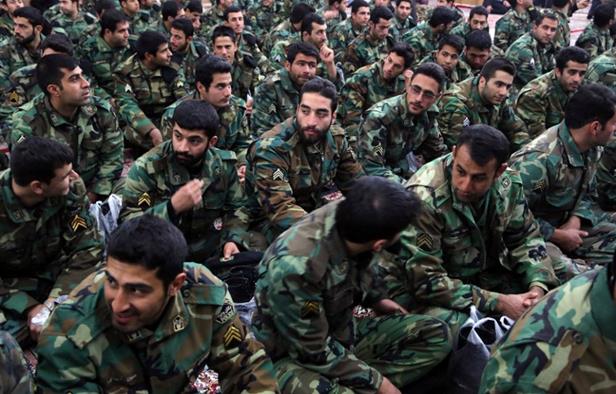
Brigadier-General Yadollah Javani, political deputy to IRGC, said in an interview that IRGC cannot just play a garrison’s role, given the smart, combinational threats that exist against the country. In response to those who are against IRGC entering the political issues, Javani didn’t reject IRGC’s entering the domain of politics, saying those who expect IRGC to play a role in garrisons are not paying attention to IRGC’s mission and call.
Etemad
Zarif: consensus on preventing foreign militaries’ presence in the Caspian Sea
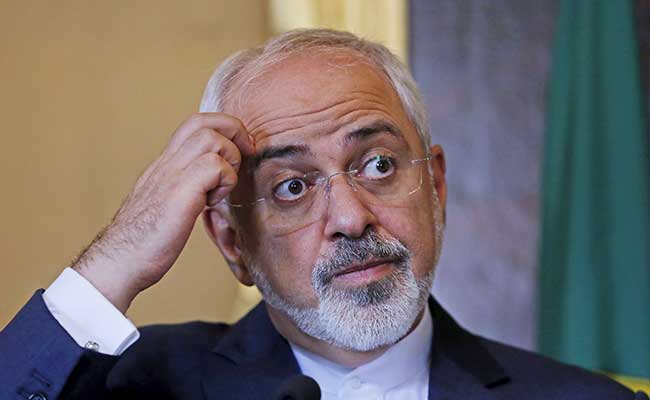
The summit of foreign ministers of the Caspian Sea countries was held in Kazakhstan. Iranian FM Mohammad Javad Zarif said in the convention, there was consensus on the monopoly of presence and sailing with the flag of one of the Caspian Sea countries, and also preventing the presence of foreign military forces. Zarif added that thanks to positive will of leaders of the Caspian Sea countries and the friendly and constructive atmosphere in these summits, legal status convention, 6 agreements, and other protocols are about to be signed.
Mehr news
Amnesty International calls for releasing 120 Azerbaijan Turkish activists in Iran
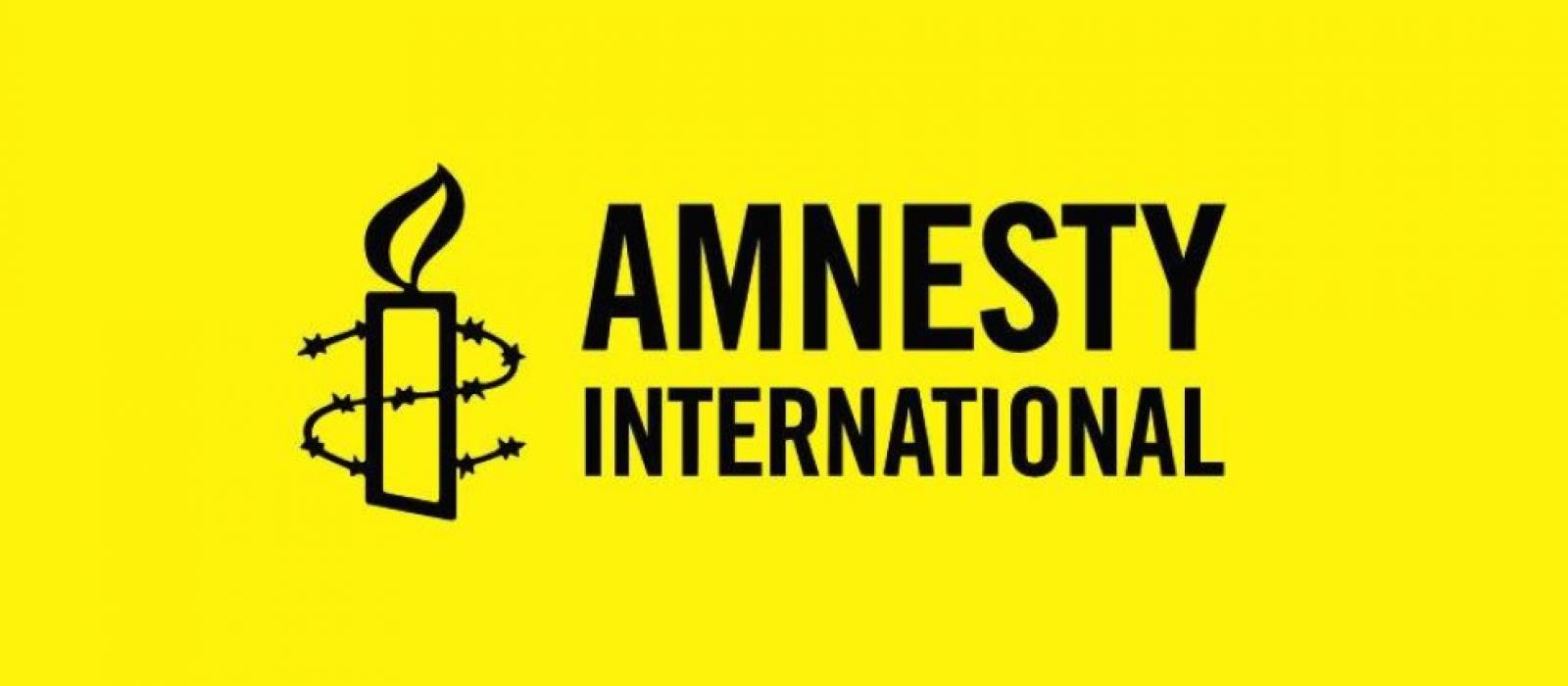
Pointing out to detention of 120 Turkish activists in Azerbaijan in past weeks, Amnesty International called for their release. According to Amnesty International, these 120 activists were arrested in two separate gatherings. Their arrests were called “arbitrary and illegal.”
Amnesty International, in its report, says it has received reports as to “torture and other brutal, inhumane, humiliating behaviors by the security forces” against these activists.
Iran International
Appointing interim head for labor ministry
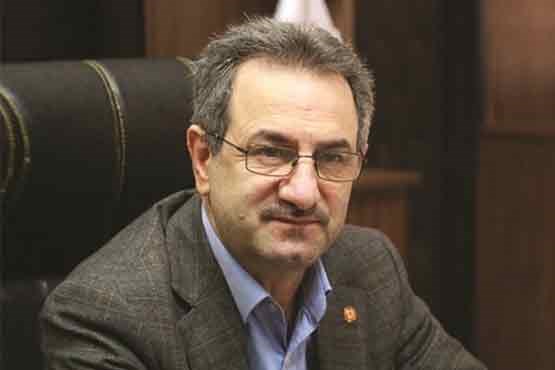
Following former labor minister Ali Rabiee getting a no-confidence vote from Iranian parliament, Hassan Rouhani appointed Anoushirvan Bandpay as interim head of ministry of Cooperatives, Labor, and Social Welfare.
Jam-e-jam
Khamenei agrees with forming special court for economic corruptors

Head of Justice Branch Sadegh Larijani, in a letter to Iranian supreme leader Ali Khamenei, pointed out to the “economic war” against Islamic Republic and crimes committed by some economic disruptors and corruptors, asking for permission to take special actions and immediately and decisively confront these people within the framework of law.
In response, Ali Khamenei has agreed with this suggestion, urging that punishing economic disruptors must be immediate and fair. According to Khamenei’s order, the issued sentences, except for death penalties, will be “final and irrevocable.”
Khamenei’s order is against the judiciary laws of Islamic Republic with regard to appealing the sentences.
Jam-e-jam
